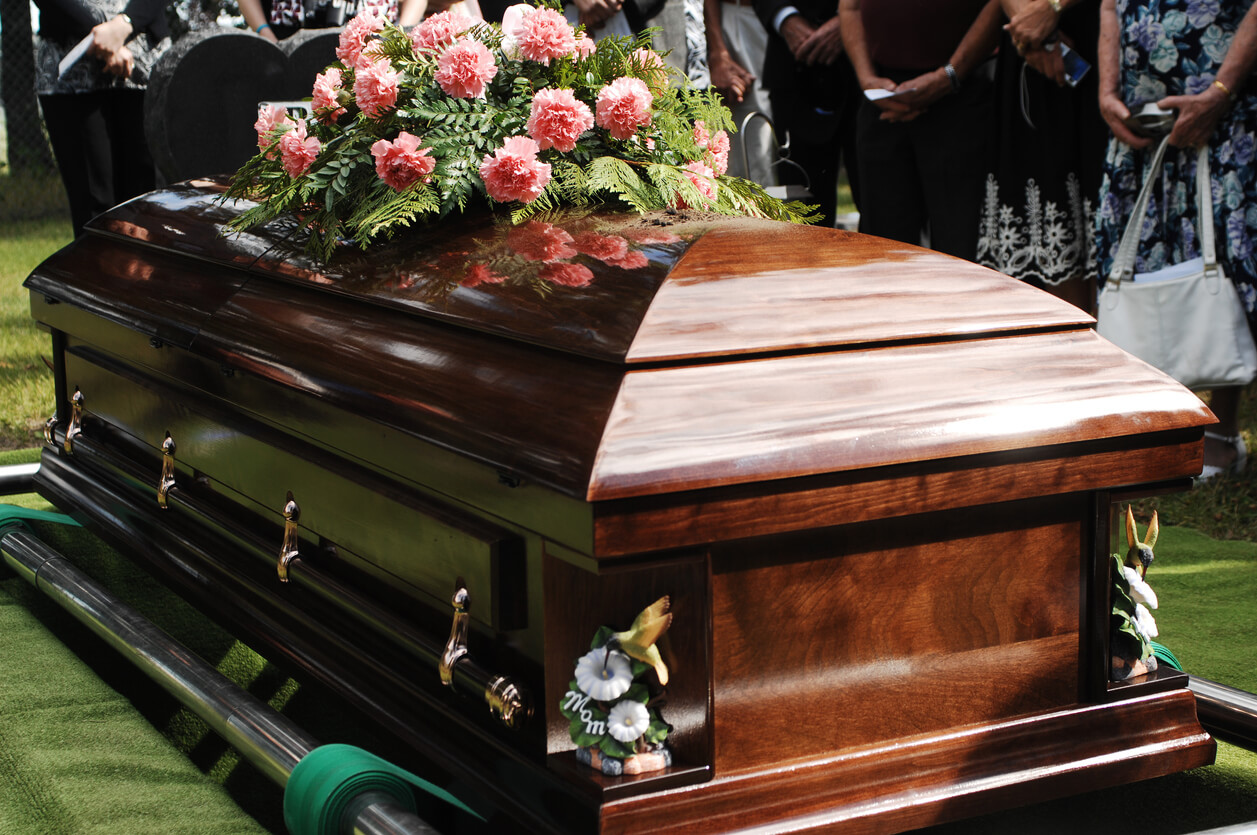The topic of what happens to the body after death, particularly concerning the choice between cremation and burial, holds significant cultural, spiritual, and emotional weight. In Bahá’í teachings, the emphasis lies less on the physical method of handling the deceased and more on the spiritual implications and the continuing journey of the soul following death. This article will dissect the Bahá’í perspective on cremation and burial, elucidate the underlying beliefs that shape these practices, and consider their implications for the soul.
In Bahá’í belief, the human soul is inherently eternal. It transcends the corporeal existence, embarking on a journey post-mortem. It is understood that the essence of a person is not ensconced within their physical form but is instead a dynamic reality that continues to evolve after death. Thus, the question arises: does the manner of disposing of the body—be it cremation or burial—carry weight in the continuum of the soul’s existence?
At the forefront of Bahá’í teaching is the belief that the body serves only as a vehicle for the soul during its earthly life. Once this vehicle has fulfilled its purpose, it reverts to its elemental state. Therefore, the treatment of the body post-mortem, while significant in many cultures and traditions, does not dictate the fate or nature of the soul itself. This is a pivotal aspect differentiating Bahá’í perspectives from various other religious doctrines, which may ascribe more substantial importance to such practices.
In examining the specific practices, the Bahá’í Faith traditionally encourages burial over cremation. This preference is derived from the teachings of Bahá’u’lláh, the founder of the Bahá’í Faith, who urged followers to treat the remains of the dead with dignity and respect. Burial, in this context, is viewed as a means of honoring the body that once housed a vibrant soul. Moreover, Bahá’ís believe that the physical body deserves gentle treatment as a manifestation of divine creation.
Burial provides a tangible connection to the earth from which humanity originated. In a spiritual sense, returning the body to the ground symbolizes a reconnection with creation. This act can be seen as a reaffirmation of the interconnectedness between humanity and the natural world, reinforcing the Bahá’í principle of unity with creation and respect for the environment.
While cremation is permissible within the Bahá’í Faith, it is comparatively less favored. The process of cremation, in many instances, is viewed as an act of destruction that may not adequately honor the physicality of the life lived. By contrast, burial is seen as a holistic acknowledgment of the life journey undertaken by the individual. Through burial, the cycle of life and nature is embraced, fostering a sense of continuity between earthly existence and the afterlife.
Cultural customs are also influential in shaping the perspectives surrounding death and the treatment of the body. Various societies have developed elaborate rituals surrounding burial or cremation, reflecting their beliefs about the afterlife and societal values. Bahá’ís recognize that while cultural expressions of grief and mourning may differ widely, the core principles of respect for the soul’s journey and interconnectedness with humanity remain consistent. The Bahá’í approach to death encourages an understanding that transcends cultural boundaries, fostering unity and compassion among diverse communities.
Another substantial aspect to consider is the emotional and psychological impact of burial and cremation on the living. The rituals surrounding the disposal of a body can serve as crucial components of the grieving process. Burial practices often provide a physical place of remembrance, a tangible point where friends and family can go to honor their loved one. This can facilitate the mourning process, allowing individuals to process their emotions in a supportive environment.
Conversely, cremation may sometimes leave loved ones without a physical marker to associate with their grief. Land for burial may be scarce in urban environments, leading individuals to opt for cremation for practical reasons. Yet, the Bahá’í teachings remind adherents to consider the spiritual implications of these choices, ultimately framing the discussion in terms of respect for the soul rather than adherence to ritual alone.
Furthermore, the Bahá’í emphasis on life after death propels believers to reflect on mortality and the enduring nature of the soul. The transition from life to the afterlife is not viewed as a terminus but as a continuation of the soul’s development. Thus, regardless of whether one chooses burial or cremation, what is critically important is the quality of one’s life and deeds during their existence on earth. Bahá’í teachings place the weight of moral accountability squarely on the individual’s actions, leaving the physical form’s fate as a matter of secondary importance.
In conclusion, the Bahá’í perspective on cremation versus burial is multifaceted, rooted in the fundamental belief in the eternal nature of the soul. While burial is preferred as a means of honoring the physical remains, the core understanding remains: the method of handling the body bears little significance concerning the soul’s progression and destiny. Each individual’s deeds, intentions, and relationship with the Divine serve as the fundamental measures of life’s worth, transcending earthly custom and practice. The teachings encourage a holistic approach that honors individual choices while promoting unity and respect for the profound journey that every soul undertakes. This philosophical backdrop invites reflection and dialogue, fostering a deeper understanding of the profound and intricate relationship between life, death, and what lies beyond.
